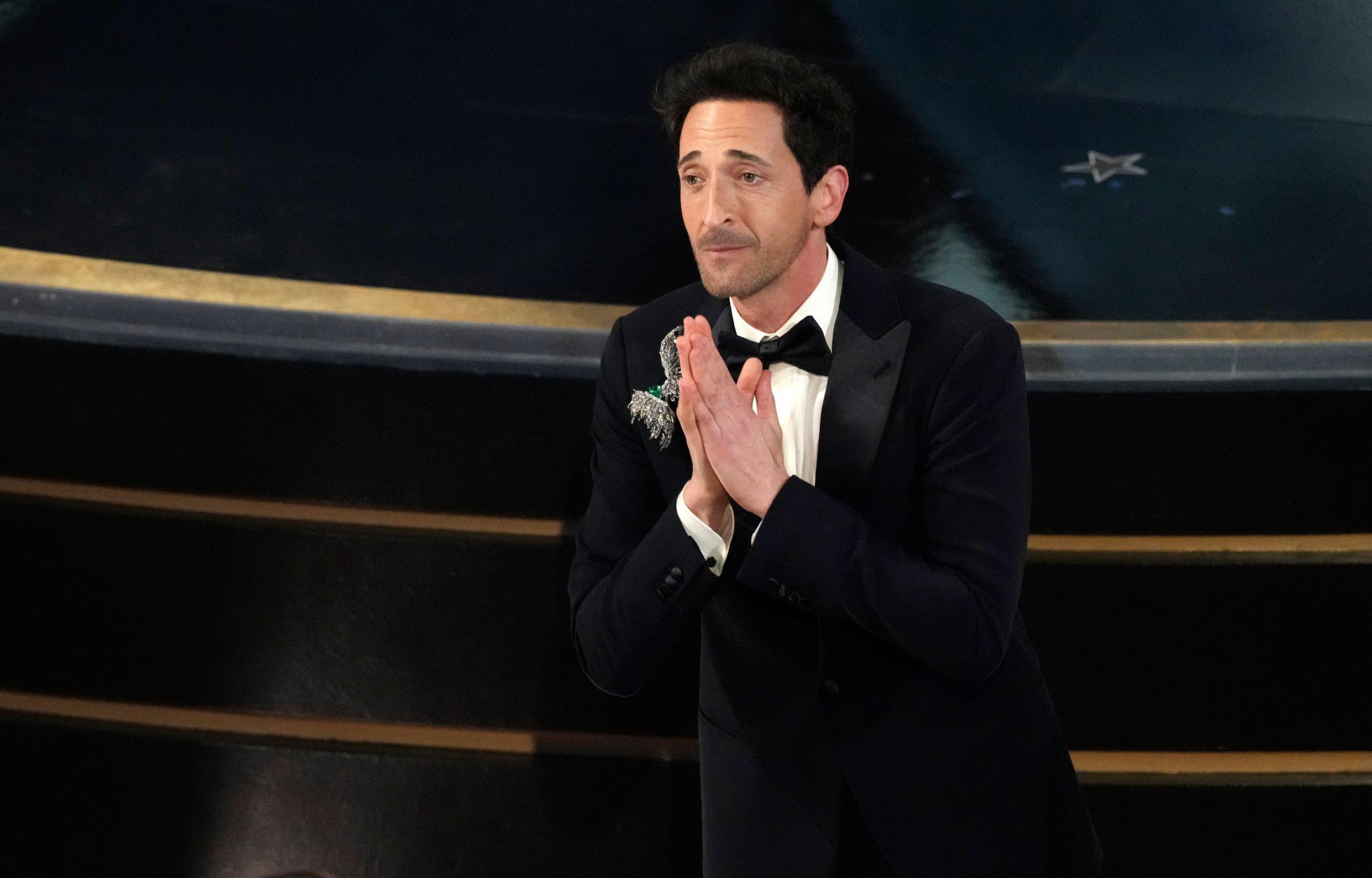Back in 2005 Kofi Annan, then Secretary-General of the UN, stated that the holding of the WSIS in Tunisia offered “a good opportunity for the Government of Tunisia to address various human rights concerns, including those related to freedom of opinion and expression.”
More than one year after the WSIS was held in Tunisia, the Tunisian government has clearly failed to do this, according to members of the International Freedom of Expression Exchange (IFEX) Tunisia Monitoring Group (TMG), which includes Index on Censorship.
The 16 members of the IFEX-TMG are appealing to incoming UN Secretary-General Ban Ki-moon, to remind the Government of Tunisia of its international obligations. “Tunisia, since being an elected member of the newly-created United Nations Council of Human Rights, has an additional obligation to respect its international commitments in the field of freedom of expression,” say the members of the TMG.
Sadly, the state of freedom of expression in Tunisia is as poor, if not poorer, in early 2007 as it was in late 2005 when the WSIS was held in Tunis,” said Carl Morten Iversen, Secretary General of Norwegian PEN, and Chair of the IFEX-TMG.
Members of the TMG remain deeply concerned by the ongoing harassment of writers, journalists, editors and human rights defenders in Tunisia. Consequently, members of the TMG are once more calling the Tunisian government to bring an immediate end to the persecution of writers, journalists, and human rights defenders, including Sihem Bensedrine, Naziha Rjiba, Moncef Marzouki, Lotfi Hajji and Abdallah Zouari.
n addition, they are repeating their plea for the immediate and unconditional release of internet writer and lawyer Mohammed Abbou who is currently serving a three-and-a-half year prison sentence for criticising Tunisian President Ben Ali in an article posted on the Internet.
To respect its international commitments, the Tunisian government should also release all banned books and publications, should stop censoring books, and should put and end to the blocking of websites,” said Ana Maria Cabanellas, President of the International Publishers Association (IPA).
TMG members also highlighted concerns about the Tunisian government’s censorship of deadly clashes between security forces and armed groups in the end of December 2006 and in early January 2007 in the Southern suburbs of Tunis.
The IFEX-TMG therefore calls on the Tunisian authorities to allow writers, journalists, web loggers and publishers to express themselves freely without fear of persecution or imprisonment in accordance with Article 19 of the Universal Declaration of Human Rights and the UN International Covenant on Civil and Political Rights (ICCPR), to which Tunisia is a signatory.
The members of the IFEX-TMG are: Arabic Human Rights Information Network (HRinfo), Egypt; Article 19, UK; Canadian Journalists for Free Expression (CJFE), Canada; Egyptian Organization for Human Rights (EOHR), Egypt; Index on Censorship, UK; International Federation of Journalists (IFJ), Belgium; International Federation of Library Associations and Institutions (IFLA), The Netherlands; International Press Institute (IPI), Austria; International Publishers’ Association (IPA), Switzerland; Journaliste en danger (JED), Democratic Republic of Congo; Media Institute of Southern Africa (MISA), Namibia; Norwegian PEN, Norway; World Association of Community Radio Broadcasters (AMARC), Canada; World Association of Newspapers (WAN), France; World Press Freedom Committee (WPFC), USA; Writers in Prison Committee of International PEN (WiPC), UK.




